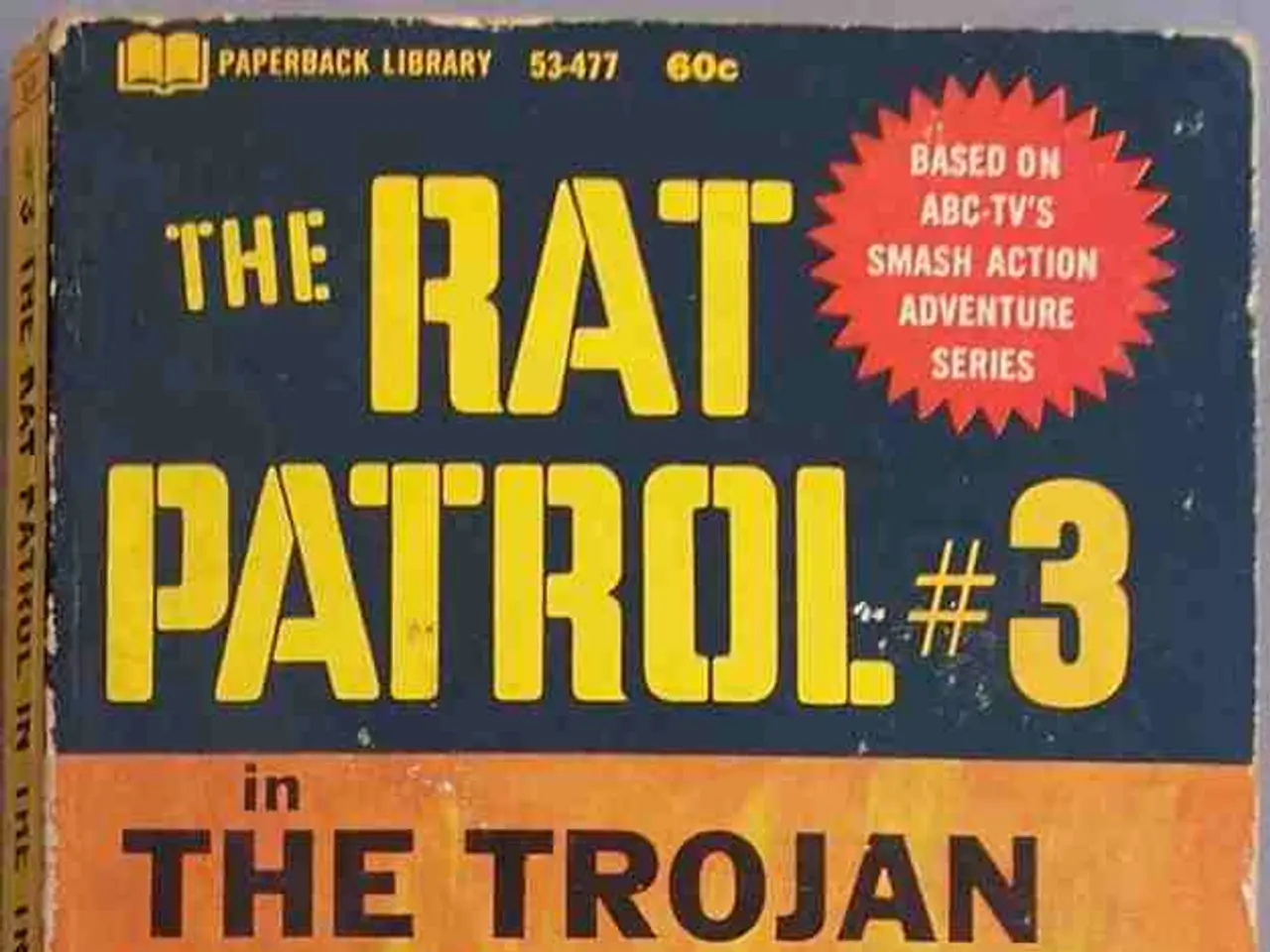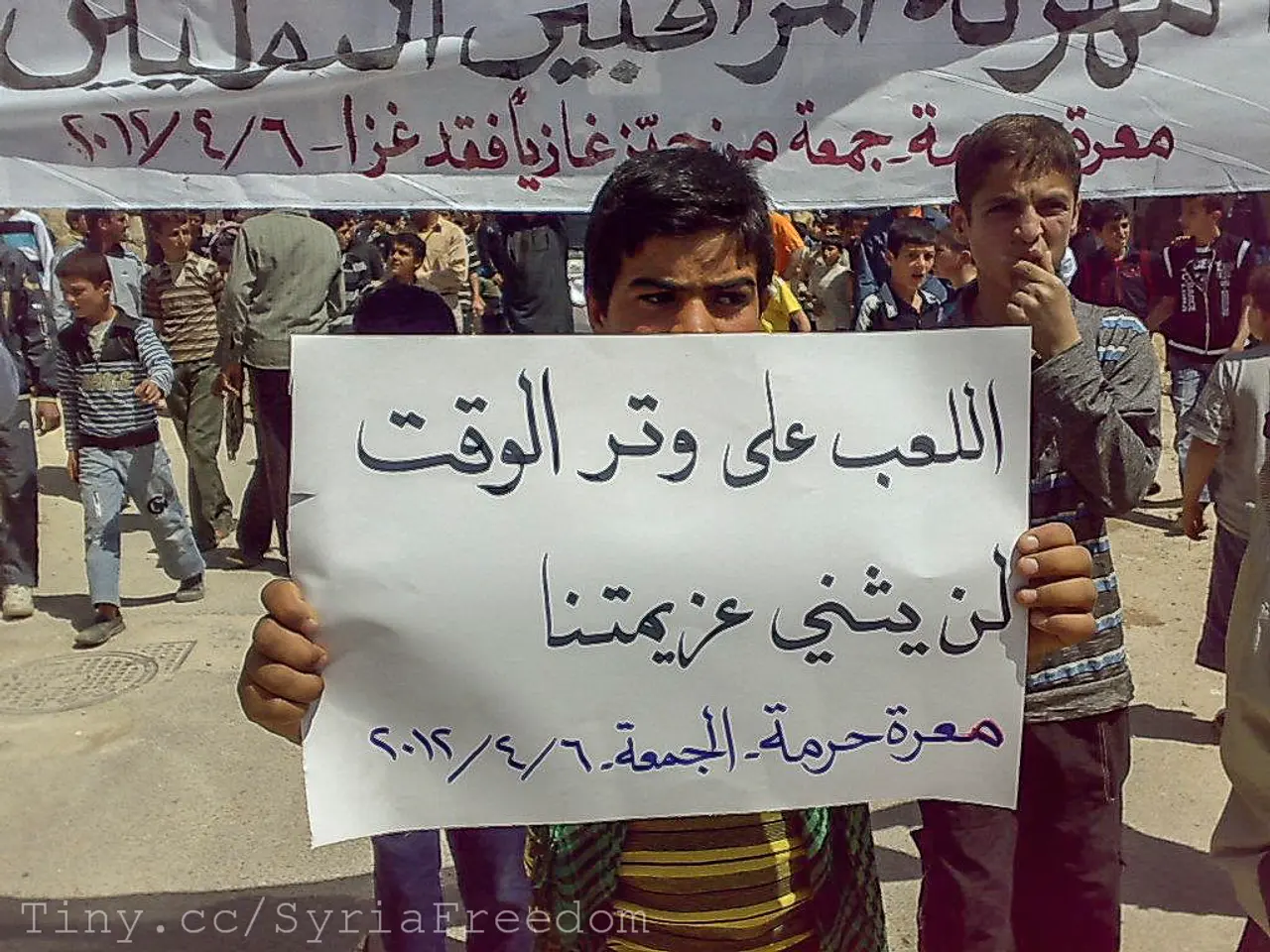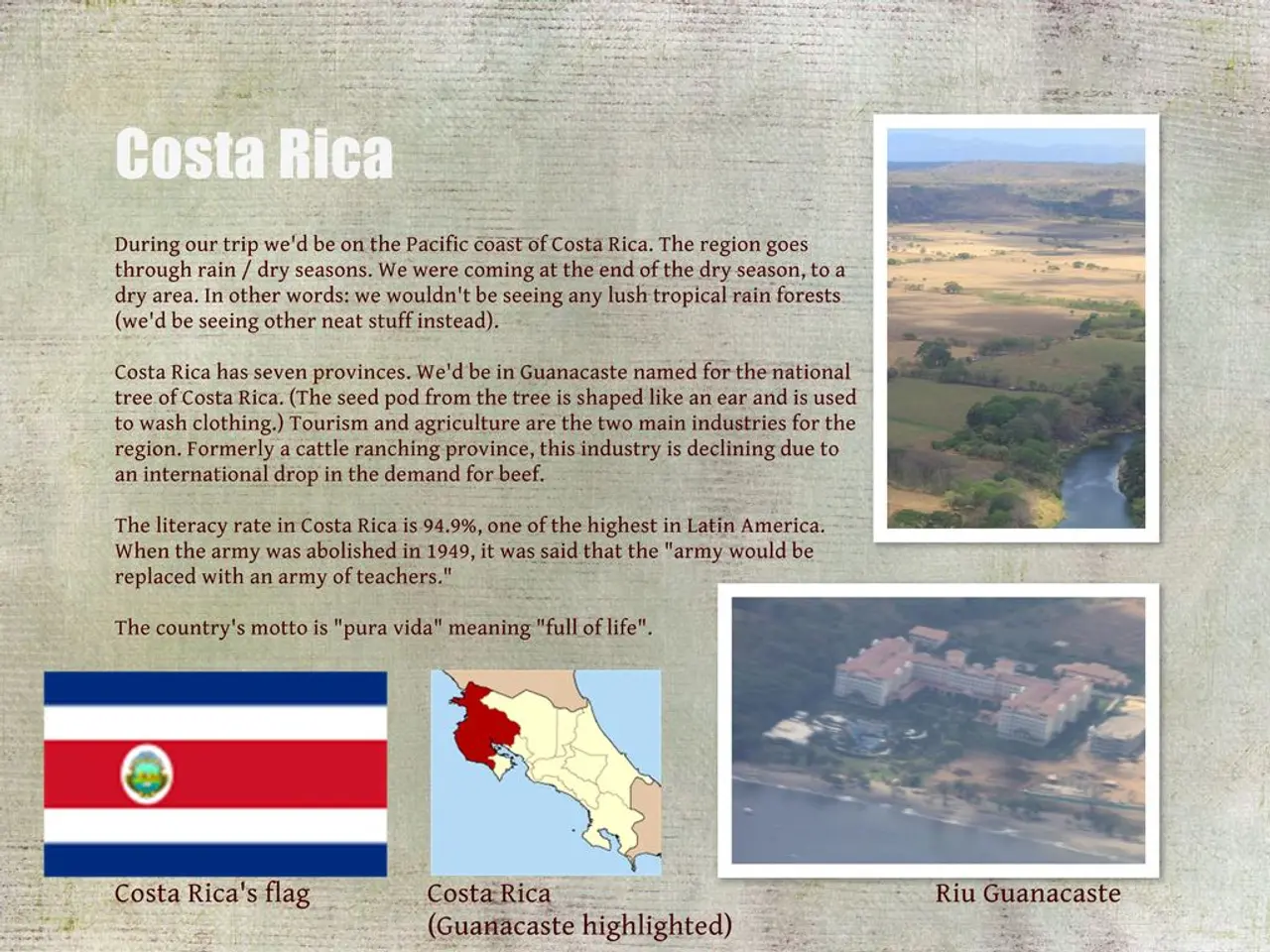Unwavering commitment of Israel to disregard truce agreements in Gaza and Iran facilitated by Trump
### Title: Escalating Conflict: Israel's Military Operations in Gaza and the West Bank
In the ongoing turmoil of the Middle East, Israel's military operations in Gaza and the West Bank have taken a significant turn, marking a shift towards a more aggressive and strategic approach.
#### West Bank Operations
Since the launch of Operation "Iron Wall" on January 21, 2025, Israel has been conducting a wide-ranging military campaign in the West Bank. Initially targeting the Jenin Brigades, the operation has since expanded to multiple cities, including Tulkarm. The Israeli military's objectives include neutralising militant infrastructure and maintaining control over key areas, resulting in the displacement of over 40,000 Palestinians—the highest displacement rate since 1967.
#### Gaza Operations
Simultaneously, the Israel Defense Forces (IDF) have intensified their strikes in Gaza, with operational control over approximately 65% of the Strip by early July 2025. The IDF's airstrikes, aimed at Hamas military capabilities, have led to substantial casualties, including civilians. However, Israel maintains efforts to minimise civilian harm and accuses Hamas of using civilians as shields.
#### Israeli Government's Stance
The Israeli government, led by Prime Minister Benjamin Netanyahu, frames these military operations as necessary actions against what they describe as an "Iranian axis" supporting militancy. The declared strategic goals include protecting Israeli settlements and preventing the establishment of a Palestinian state perceived as a security threat.
In addition to these operations, Israel has simultaneously expanded settlement authorization, officially recognizing 22 new settlements in the West Bank in May 2025. This move has been sharply criticised by Palestinian leadership as a dangerous escalation.
#### International Response
The operations have resulted in extensive destruction of Palestinian homes and infrastructure and mass displacement, contributing to rising international and diplomatic criticism. Several countries, including the UK, Australia, Canada, New Zealand, and Norway, have imposed sanctions on Israeli officials for incitement related to settler violence. The European Union has also considered further measures against Israel for potential breaches of human rights obligations linked to its policies in the occupied territories.
#### Unresolved Conflicts
Despite Israel's substantial nuclear program, estimated to include around 90 nuclear warheads, and access to advanced weapons and intelligence facilities, the IDF has failed to suppress Hamas and Palestinian Islamic Jihad. The situation in Gaza remains dire, with regular skips of meals for adults to feed children, the elderly, and the ill, and an average of 112 children being admitted daily for acute malnutrition since January.
The destruction of civilian infrastructure, including the al-Baqa seaside cafe in Gaza, which killed at least 30 people, has been a key concern, as has the targeting of health workers, with more than 1,400 health workers killed since the war began.
In conclusion, Israel's current military operations in Gaza and the West Bank are part of a broader security strategy aimed at dismantling militant groups and reinforcing Israeli control over the occupied territories. The Israeli government's stance on Palestinians, as reflected in these operations, has led to significant international concern and escalating tensions. Despite the use of advanced weaponry and a strategic approach, the IDF's goals, including the collapse of the Iranian regime, the dismantling of its nuclear program, and the suppression of Hamas, remain unachieved.
- The ongoing conflict in the Middle East, particularly Israel's military operations in Gaza and the West Bank, is a matter of general news and politics, as it involves strategic actions by the Israeli government against militant groups and has led to international criticism and sanctions.
- In addition to war-and-conflicts, these military operations also have political and diplomatic implications, as they have resulted in extensive destruction of Palestinian homes and infrastructure, mass displacement, and sharp criticism from several countries, contributing to the escalation of tensions in the region.








